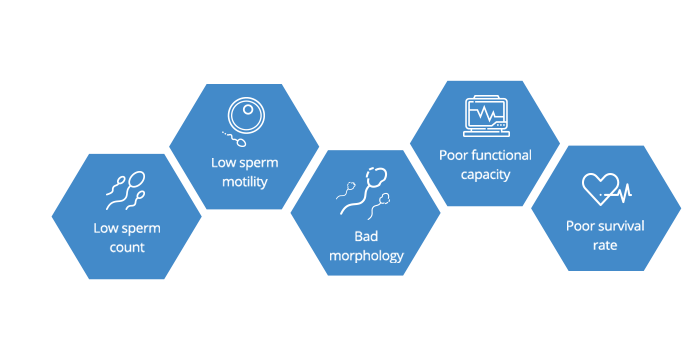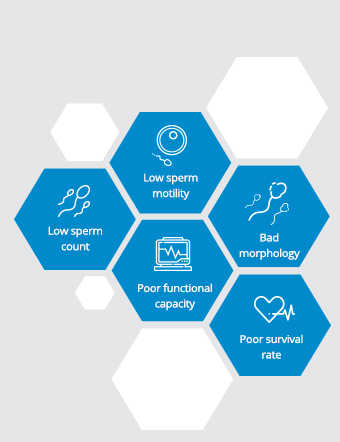- Last updated on
A fertility specialist specializes in fertility treatments, whereas a gynaecologist handles issues regarding women's reproductive health in general. If you are having trouble getting pregnant then consult a fertility expert for solutions.






